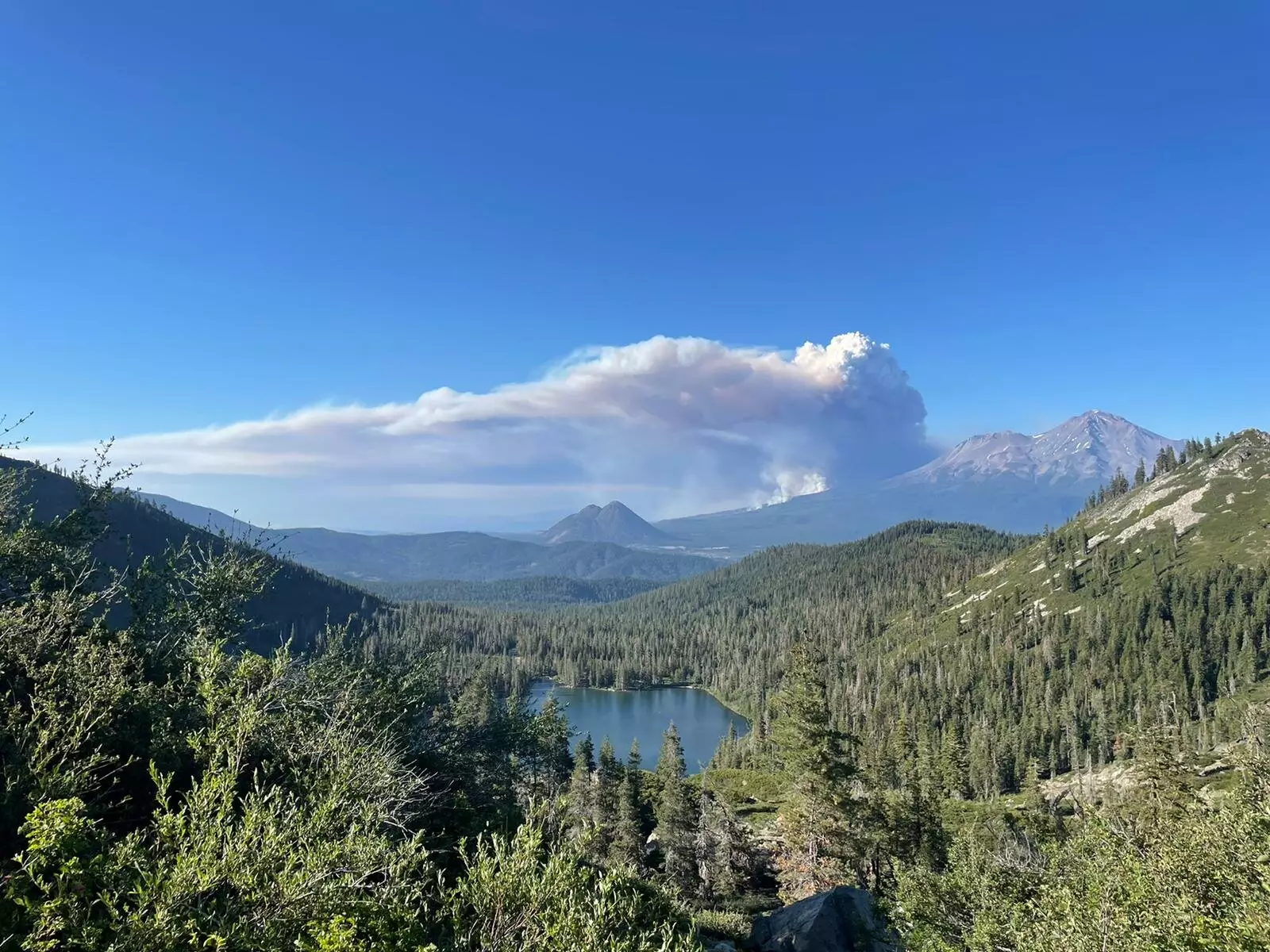

In recent years, California has experienced a significant increase in the frequency and intensity of wildfires, leading to widespread smoke coverage across the state. A study conducted by the University of California, Davis, has shed light on the impact of wildfire smoke on California lakes, raising concerns about the long-term ecological consequences of this phenomenon.
The study utilized a combination of lake-based sensors and satellite imagery to analyze the extent of smoke coverage over California lakes during the years 2020 and 2021. The researchers found that up to 70% of the state was covered by wildfire smoke, with maximum smoke cover increasing by approximately 116,000 square miles since 2006. The study focused on three consecutive years of high fire activity and identified August and September as the months with the highest number of smoky days.
One of the key findings of the study was the impact of wildfire smoke on lake ecosystems. The researchers observed changes in light, water temperature, and oxygen levels in the lakes, all of which are essential drivers of lake function and health. These changes were found to vary depending on factors such as lake size, depth, and nutrient levels, highlighting the complexity of the relationship between wildfire smoke and lake ecosystems.
Despite the valuable insights gained from this study, there are still many unanswered questions regarding the long-term effects of wildfire smoke on California lakes. The researchers emphasized the need for further research to understand how the scale, scope, and intensity of wildfires impact lake ecosystems. They also stressed the importance of reframing wildfire smoke as a seasonal weather phenomenon that has lasting implications for ecosystem health.
The study conducted by the University of California, Davis, has drawn attention to the significant impact of wildfire smoke on California lakes. By highlighting the changes in light, temperature, and oxygen levels in these lakes, the researchers have underscored the need for continued monitoring and research to understand the full extent of the ecological consequences of wildfires. Addressing these challenges will be crucial in safeguarding the health and integrity of California’s lake ecosystems for future generations.
In the world of pharmaceuticals, innovation often hinges on finding new compounds that can lead…
In the heart of the Amazon basin, drastic climate changes present an alarming reality that…
Air fryers have rapidly surged in popularity, captivating home cooks and culinary enthusiasts alike. When…
In an era where technology and social media reign, the importance of sleep often takes…
In an era where environmental consciousness is paramount, the maritime industry has long been scrutinized…
Radionuclides, often relegated to discussions surrounding nuclear energy and radioactive waste, have far-ranging implications for…
This website uses cookies.